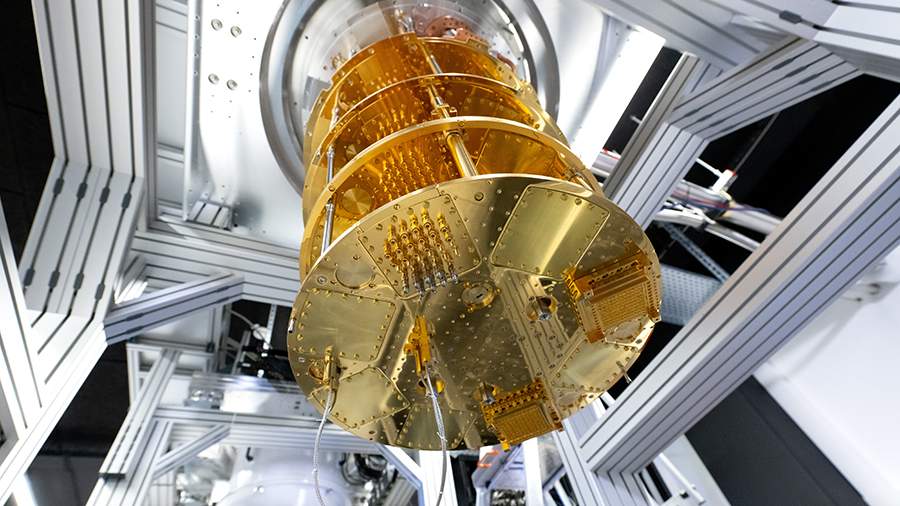Russia will have a satellite-based quantum communication system by 2030
- Новости
- Science and technology
- Russia will have a satellite-based quantum communication system by 2030
Scientists of the Center for Quantum Technologies at Moscow State University are developing a satellite-based quantum communication system. In the future, the technology will make it possible to provide remote regions with secure communications. This was told to "Izvestia" in the press service of NTI on January 22.
"Now we have a proven technology in the field of quantum communications based on fiber optic and atmospheric channels. These are university and inter-university quantum networks, which provide protection of subscribers from data leakage. Communication between remote users is provided thanks to backbone quantum networks. Steps towards connecting these networks through space using satellites are a natural continuation of the development of this technology," said Sergey Kulik, scientific director of the Center for Quantum Technologies.
As part of the project, scientists intend to create two ground terminals, which will be located in Moscow and Kislovodsk, where there is a branch of the State Astronomical Institute named after P.K. Sternberg. The terminals will be connected to each other via a 16-unit low-orbit cubesat satellite equipped with special equipment that distributes quantum keys. In addition, special equipment located on the ground terminals and the satellite will perform their mutual orientation.
The project realization is planned for 2029. Now the first stage is underway: contracts with contractors are being concluded, private technical specifications are being prepared and the necessary technical characteristics are being specified. The customer of the project is JSC "Russian Railways", and the Center for Quantum Technologies is one of the executors from Lomonosov Moscow State University.
Last year, on July 14, experts discussed the development of quantum communications in Russia. During the discussion, the President of the Russian Academy of Sciences (RAS) Gennady Krasnikov noted the fundamental importance of the space component in the development of quantum communications, as it solves many problems: it reduces the number of trusted nodes, increases the speed of transmission, and makes it possible to cover the entire territory of Russia.
Переведено сервисом «Яндекс Переводчик»


